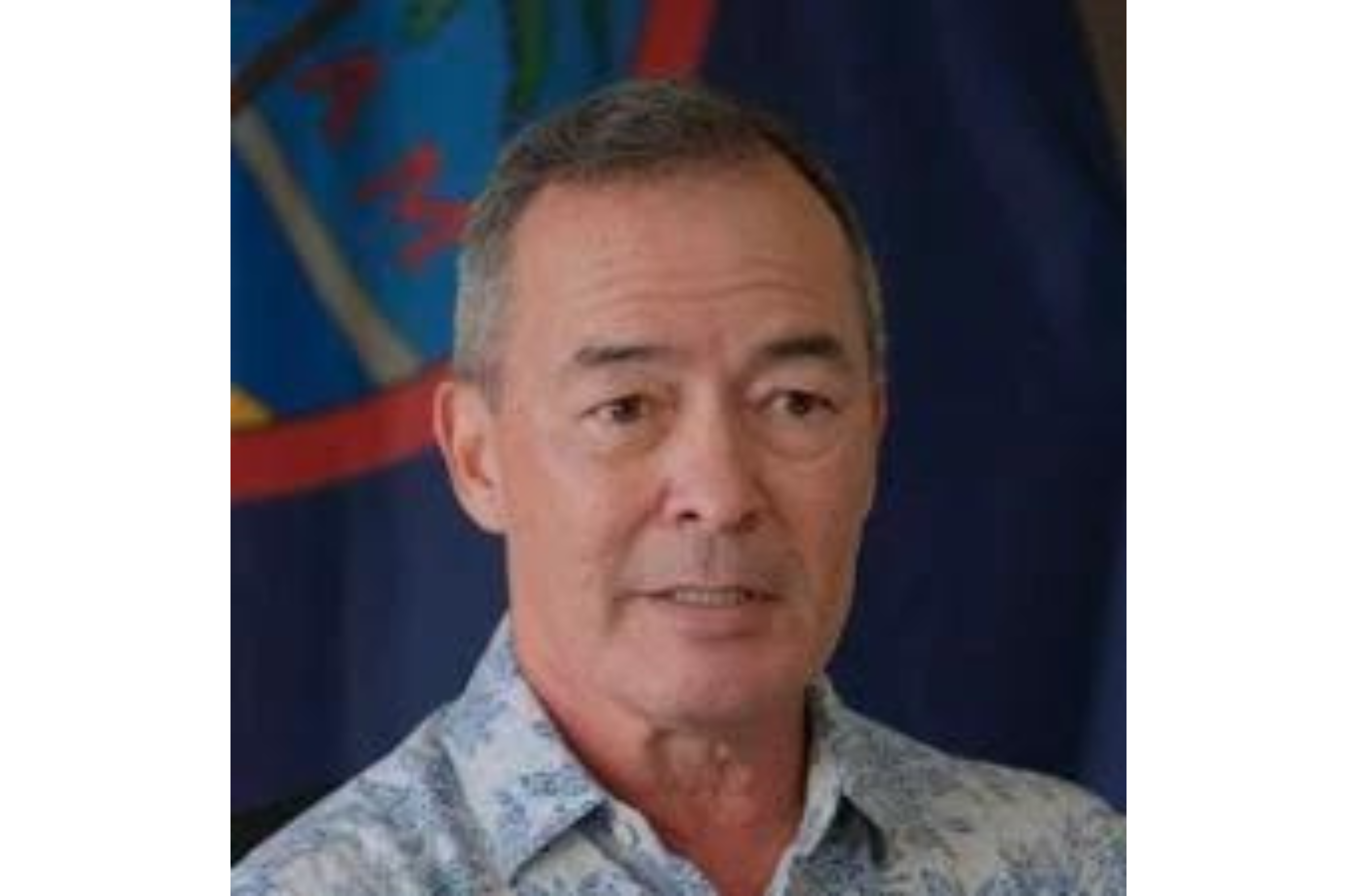HAGÅTÑA (The Guam Daily Post) — Guam Del. James Moylan said his office will continue to forward the compact impact reimbursement issue for Guam as Congress moves into the fiscal year 2025 appropriations cycle, with his office further stating that Moylan’s Guam Host Community Compensation Act will be amended to focus only on compact impact funding.
President Joe Biden last week signed a $460 billion appropriations package meant to fund parts of the federal government for the fiscal year, which included renewal language for the Compacts of Free Association with the freely associated states – the Federated States of Micronesia, the Republic of the Marshall Islands and the Republic of Palau.
The measure included provisions from the Compact Impact Fairness Act, also known as CIFA, which restores federal benefits for compact migrants residing in the U.S., but it did not include funding for communities that act as host jurisdictions to those migrants.
For two decades, Guam, American Samoa, the Commonwealth of the Northern Mariana Islands and Hawaii received annual federal funding to offset the cost of hosting compact migrants, known as compact impact funding, but the authorization for those moneys expired at the end of fiscal 2023.
Guam normally received between $12 million and $14 million in compact impact funds. Although Moylan has said that he supports CIFA, he has maintained that compact impact funds are still needed to offset costs to Guam’s public safety, prison and education systems.
The delegate told The Guam Daily Post that he was happy to see the COFA renewals enacted “as it represent(s) a vital component of our national security, while playing a key regional role for so many industries on Guam.”
“While we are disappointed that (the) importance of the reimbursements were not expressed or advocated for Guam in 2022, when agreements were being negotiated, we have to look at other perspectives through a level of optimism,” Moylan added.
Late last year, the delegate introduced H.R. 6273, the Guam Host Community Compensation Act, part of which would extend compact impact funding for another 20 years, except for Hawaii.
Hannah D’Avanzo, the delegate’s spokesperson, said H.R. 6273 will be amended to focus only on the compact impact funds because that “is a fight that needs to continue.”
“Remember, this is a new expense which parallels with the amended COFA renewal, hence identifying a ‘pay for,’” D’Avanzo said.
Outside H.R. 6273, Moylan was said to be pursuing a one-year extension of compact impact funding for Guam as a short-term solution, which he planned to place into the federal appropriations bill related to the U.S. Department of the Interior. That measure was one of six spending bills wrapped together into the $460 billion package.
“Unfortunately, with the manner the six appropriation measures passed the House (of Representatives), there was no room for amendments to increase spending,” D’Avanzo told the Post.
“Hence, we have to continue to strive for reimbursements in the (fiscal) 2025 process. This … also means identifying the offsets,” she added.
Regarding CIFA, Moylan said his office has requested a briefing on the true benefits the provisions would bring to Guam. One briefing is being scheduled by the U.S. Department of the Interior in the next few weeks, after the department finalizes its analysis, he added.
“This will allow us to report back to the local government on the true impact, positive or negative, this will have on our budget,” Moylan said.
On top of extending the timeline for compact reimbursements, H.R. 6273, as introduced, would have required federal officials to enter into memorandums of understanding with state and territorial officials to ensure that any citizen of the freely associated states convicted of a felony is imprisoned solely in a federal correctional facility. Other provisions facilitate federal reimbursements for pre-conviction costs or incarceration costs if an MOU is not in effect and the individual is held at nonfederal facilities.
Other provisions of H.R. 6273 would have required proof of employment or admission to an education facility, as well as proof of a residential address for any citizen of the freely associated states to obtain nonimmigrant residency status in Guam.
While the measure will be refocused to concentrate on impact funding, D’Avanzo said the delegate’s office did advise Guam’s attorney general that there is a pathway in place today for the deportation of compact migrants convicted of felonies.
“In essence, a process does need to be established which includes federal partners, but for those migrants convicted of murder, rape, or even the sexual abuse of minors, they can indeed be deported if that is the desire of the local government,” D’Avanzo said.
The Office of the Attorney General does have a deportation program in place, the Criminal Deportation Initiative, a pilot program that involves non-U.S. citizens in either pre-judgment or post-judgment cases.

James Moylan











